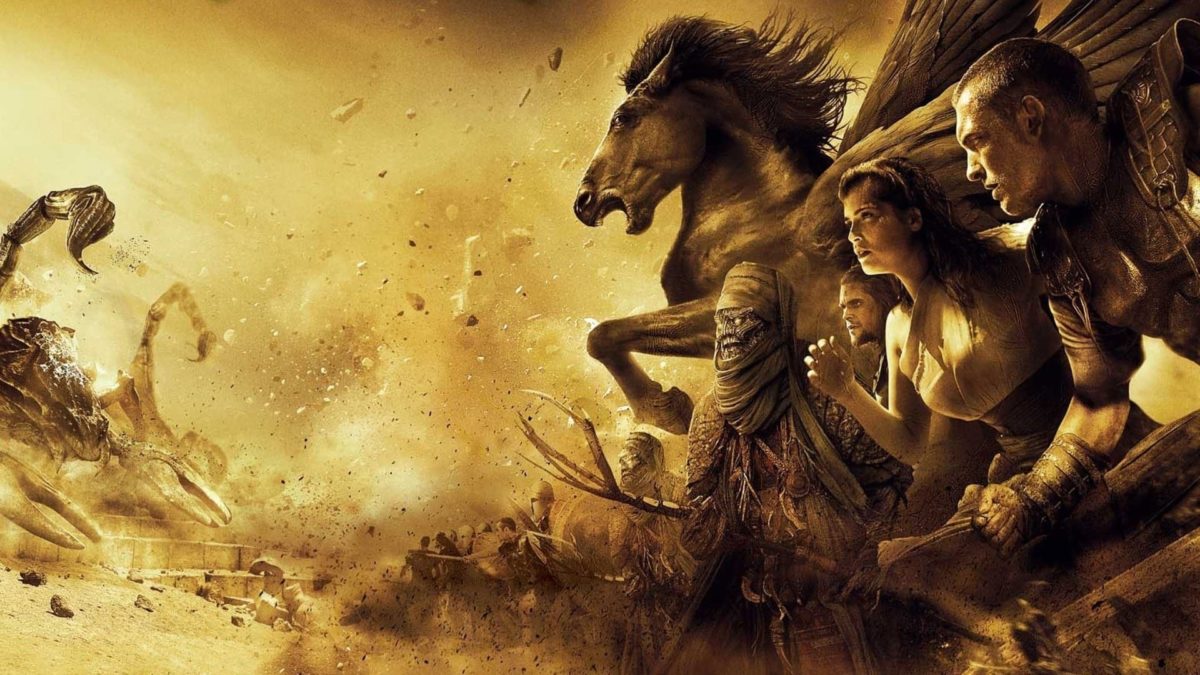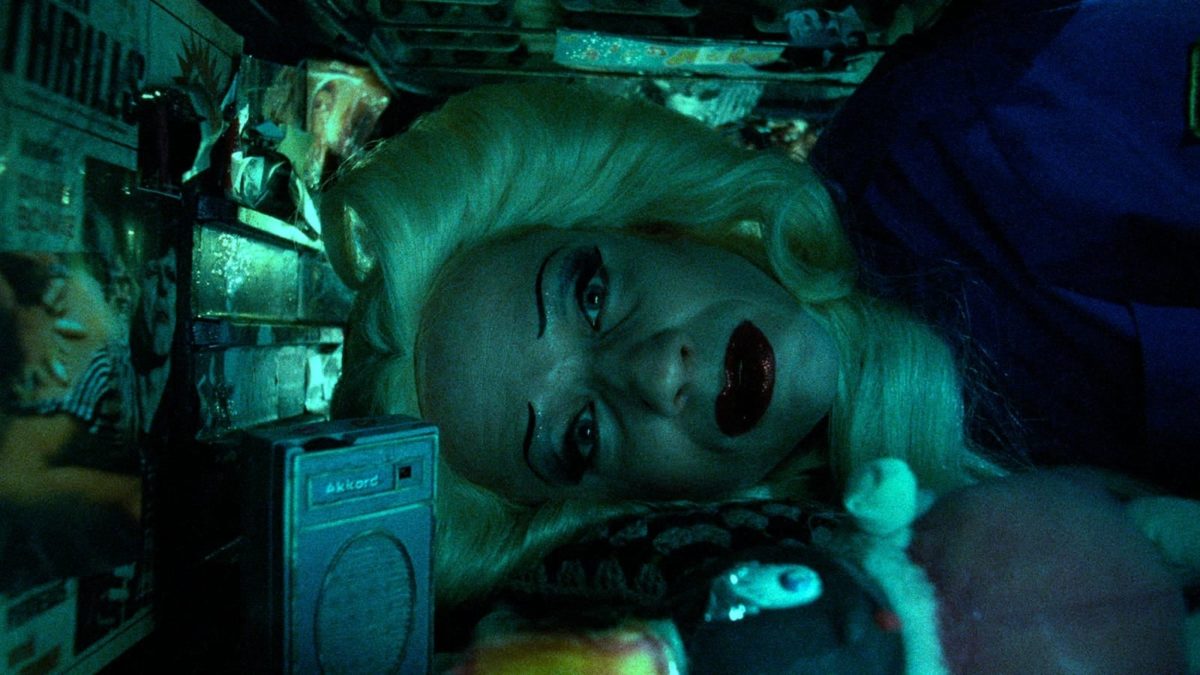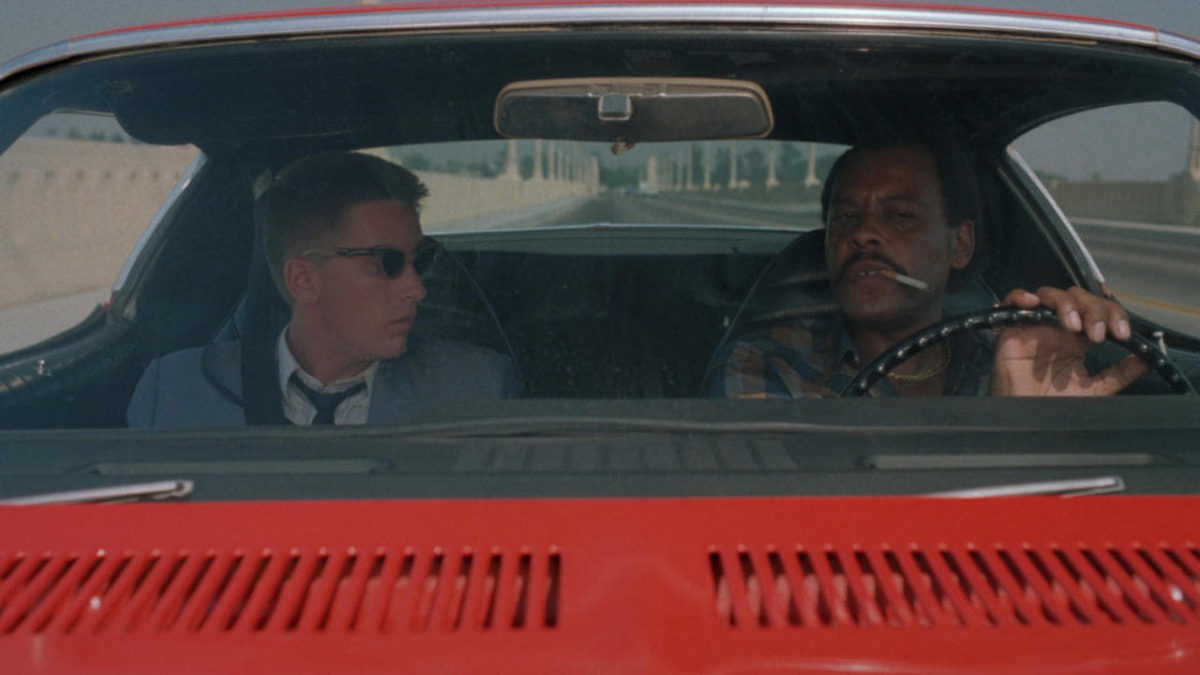Note: I wrote a new La La Land review as part of my Damien Chazelle retrospective. You can read it here.
I’m seriously bummed I didn’t see this one on the big screen.

I’m seriously bummed I didn’t see this one on the big screen.

Part of me wants to be contrarian and rain on all the love this movie gets.

If you are like me, you see “Jim Henson” on the poster, and you expect something at least a little manic and silly and postmodern. Something Muppetsy.

I’m pretty fond of mumblecore movies, and I think Joe Swanberg is the best to ever make them.

This is my favorite Christmas Carol adaptation and one of my favorite Christmas movies, period.

It’s Ray Harryhausen’s last hurrah, featuring one of the coolest looking monsters ever (Medusa) and about a dozen other nifty effects. Big production values, dramatic score, epic adventure. It’s a slam dunk, right?

While I am not exactly the target audience for this movie, I still dug the hell out of it. John Cameron Mitchell is mind-blowingly incandescent as Hedwig in all her petulance but also strength and beauty.

I must confess I spent a significant portion of this movie’s runtime bewildered.

(Note: There’s an updated and expanded review for this film. Read it here.)
Zombies (stylized Z-O-M-B-I-E-S like a pep cheer) is an utterly bizarre, big-budget (for TV) romantic musical about humans and zombies co-mingling, set in a garish, pastel-colored parody of high school.

Spontaneous is a movie that flits in and out of greatness as quickly as its characters pop like balloons.